TLDR
You may be familiar with the work of Daniel Kahneman, who won the Nobel Prize in Economics in 2002 for his work on Prospect Theory. In short, Prospect Theory states that people make decisions based on losses and gains, rather than absolute outcomes.
Applying this theory to your business can be an extremely effective way to increase profits. In this article, we'll explore how you can use Prospect Theory to your advantage in the hospitality industry. We'll also look at some real-world examples of businesses that have successfully implemented these strategies. Are you ready to learn how to think like a Nobel Prize winner?
Introduction to Prospect Theory
Have you ever wondered why some people are risk-averse while others seem to enjoy taking risks? It's all down to prospect theory, a theory developed by Amos Tversky and Daniel Kahneman in 1979.
The theory suggests that people prefer more certain gains over the prospect of larger risks. In other words, they would rather have a smaller gain that they know is guaranteed than take a risk on a larger gain, even if the larger gain is more likely to happen.
This theory has been used extensively in the financial world, but it can also be applied to the hospitality sector. For example, hoteliers can use prospect theory to their advantage when pricing their rooms. They can offer lower rates for rooms that are more likely to be booked (certain gains), while charging higher rates for rooms with a higher chance of being canceled (larger risks).
The Peak-End Rule for Optimal Experiences
Imagine that you just went on a fantastic vacation. The trip of a lifetime, in fact. When people ask you about it, what are the memories that come to mind? Are they the times when you were having the most fun? Or maybe it was the end of the trip that made the biggest impression on you?
If you're like most people, it's likely the latter. That's because our brains are designed to remember experiences based on how they ended, not how they started. This phenomenon is known as the Peak-End Rule, and it's something that Daniel Kahneman and Amos Tversky discovered back in 1999.
Essentially, this theory states that we judge our experiences based on the peak emotion we felt and how that experience ended. So if you had an amazing time at the beginning of your vacation but it all went downhill from there, your overall memory of the trip will be negative. However, if your trip had its ups and downs but ended on a high note, you'll likely remember it as being mostly positive.
This theory can be applied to all sorts of business settings, including the hospitality industry. By understanding how it works, business owners can create experiences that are more likely to please their guests. For example, if you're running a hotel and know that people tend to remember the end of their stay more than anything else, you might want to focus on providing a great checkout experience.
Linking Prospect Theory With Financial Risk in Hospitality
In their paper, Prospect Theory: An Analysis of Decision Under Risk, Daniel Kahneman and Amos Tversky lay out their theory of decision making under risk. The crux of their argument is that people don't always make decisions in a rational manner, as outlined by the expected utility theory. Instead, they often make decisions based on what they perceive to be the prospects or possibilities of a situation.
This has important implications for the hospitality sector, as it shows that guests often make choices about where to eat or stay based on the perceived risks and rewards involved. For example, a hotel might offer a discount to guests who book at the last minute, as this is seen as a risky proposition. Conversely, a restaurant might decorate its space with luxurious details to give guests the perception of a high-end experience with low risk.
Understanding how Prospect Theory works can help hospitality businesses better understand why guests make the choices they do, and help them to craft marketing and pricing strategies that are more in line with what customers are looking for.
Adopting Intuition Into Decision Making
One way to apply Prospect Theory in the hospitality business is to adopting intuition into decision making. Kahneman argues that people have two systems that guide their decision-making: System 1 is fast, intuitive, and emotional; System 2 is slower, more deliberative, and more logical.
In the hospitality industry, it's important to be able to make decisions quickly and efficiently. That's why it's important to listen to your intuition (System 1) and not second-guess yourself.
Of course, there will be times when you need to slow down and use your more logical system (System 2). But in general, it's best to trust your gut and go with your first instinct.
Implementing the Positive-Risk Approach
One way to apply Prospect Theory to the hospitality industry is to take a positive-risk approach when making decisions. This means that when you're looking at two options, you should choose the one with the higher potential reward, even if it also has a higher risk.
For example, let's say you're considering two hotel rooms. One is a standard room and the other is a suite. The suite costs twice as much as the standard room, but it also has twice the amenities. If you're looking at these two options from a positive-risk perspective, you would choose the suite because it has the potential to provide a better experience for your guests.
Of course, you need to be aware of the risks involved with each option and make sure that you're comfortable with them before making a decision. But if you can frame your decision-making in terms of potential rewards, you'll be more likely to make choices that will benefit your business in the long run.
Leveraging Opportunities Through Prospect Theory
Prospect theory suggests that people are more likely to make decisions based on perceived outcomes, rather than actual outcomes. This means that if you can show your potential customers that they're more likely to have a positive experience with your product or service, they're more likely to choose it over a competitor's.
Daniel Kahneman and Amos Tversky's Prospect Theory is one of the most influential pieces of research in the field of decision-making, and it's shaped the way we think about how people make choices. By understanding how people weigh gains and losses, you can use prospect theory to your advantage in the hospitality sector.
For example, let's say you're trying to get a customer to book a room at your hotel. You could offer them a discount if they book now, or you could offer them a higher room rate but with the guarantee of a free breakfast. The first option is more risky, but the second option is more certain. Prospect theory would suggest that people would prefer the second option, even though it's not necessarily the best deal in terms of economics.
So, how can you use prospect theory to your advantage in the hospitality business? Here are some ideas:
- Offer discounts for booking early or for referrals.
- Create packages that include everything a customer needs (e.g. accommodation, meals, activities).
- Offer discounts for longer stays.
- Use marketing language that emphasizes certainty (e.g. "guaranteed", "no risk", "money back guarantee").
Conclusion
When it comes to making decisions about risk in the business world, it's important to understand how people think and make choices. Daniel Kahneman's Prospect Theory is a great tool for understanding how people make financial decisions, and can be applied to the hospitality sector to help business owners make better choices about risk. The peak-end rule is also a valuable tool for understanding how customers perceive experiences, and can be used to improve customer service and hospitality businesses.




.webp)
.avif)
.webp)

.png)
.webp)
.webp)
.webp)

.webp)








.svg)





.svg)
.svg)




.avif)



.avif)
.avif)

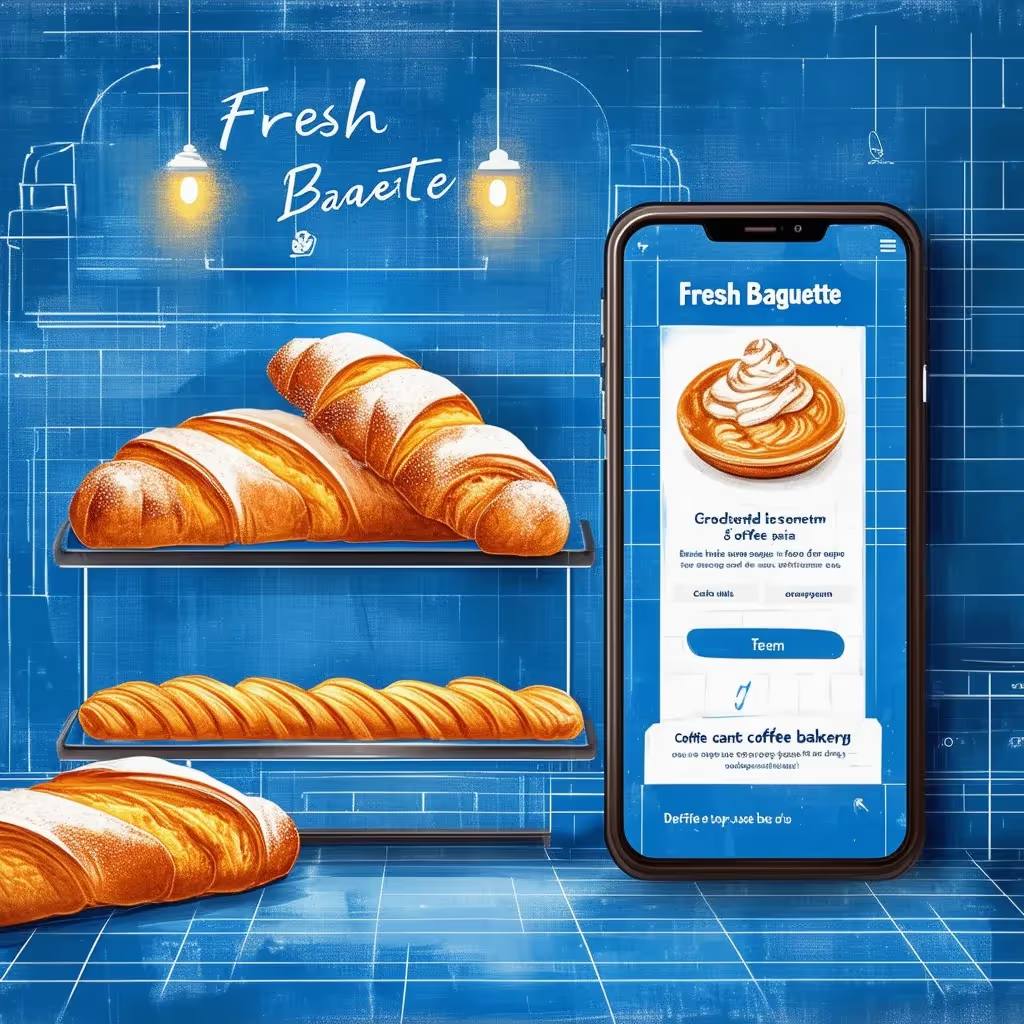
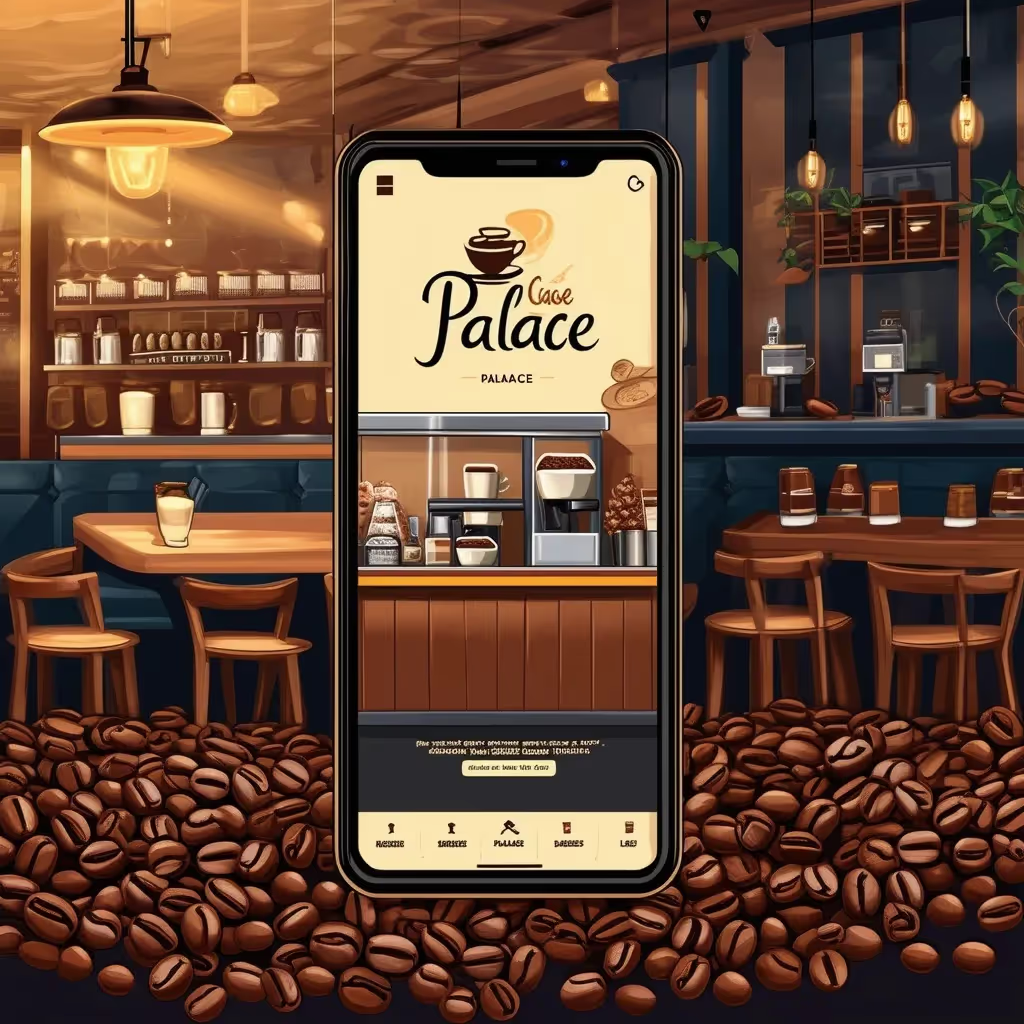
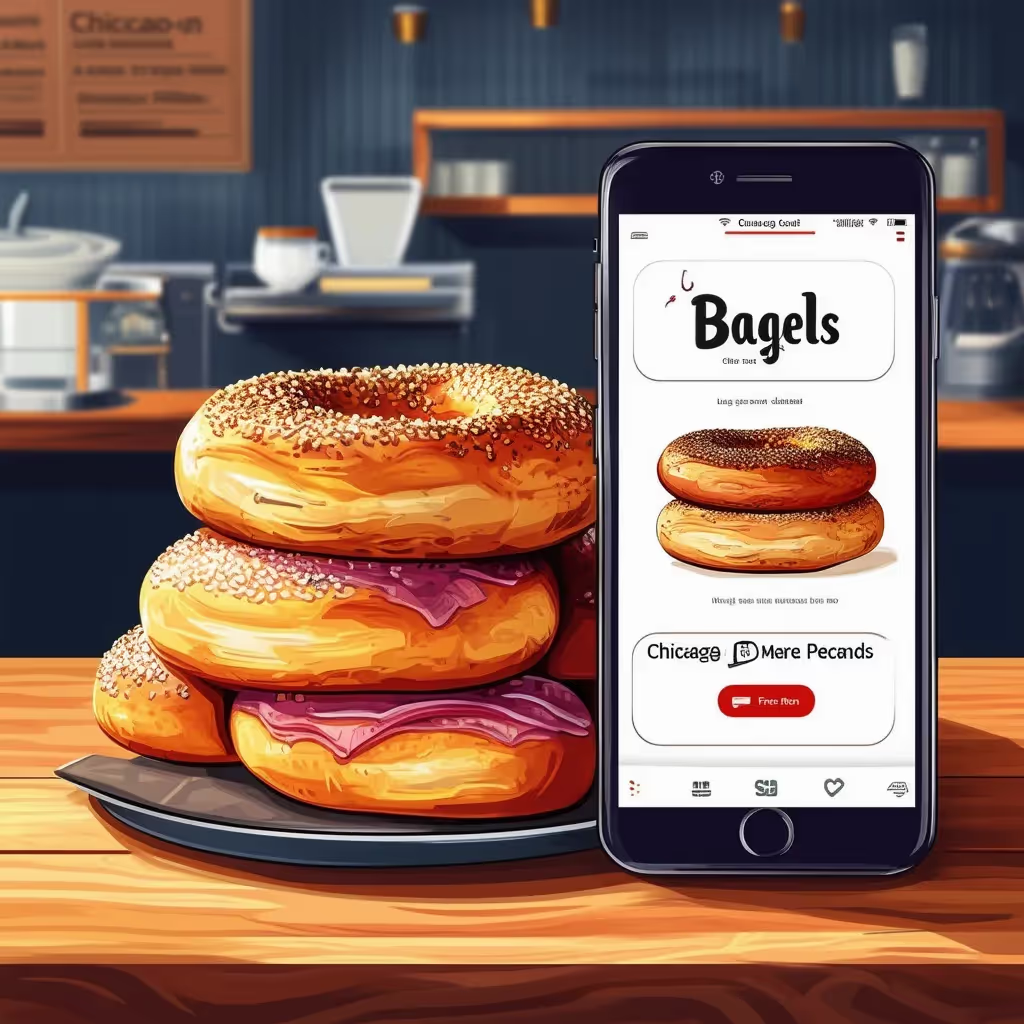
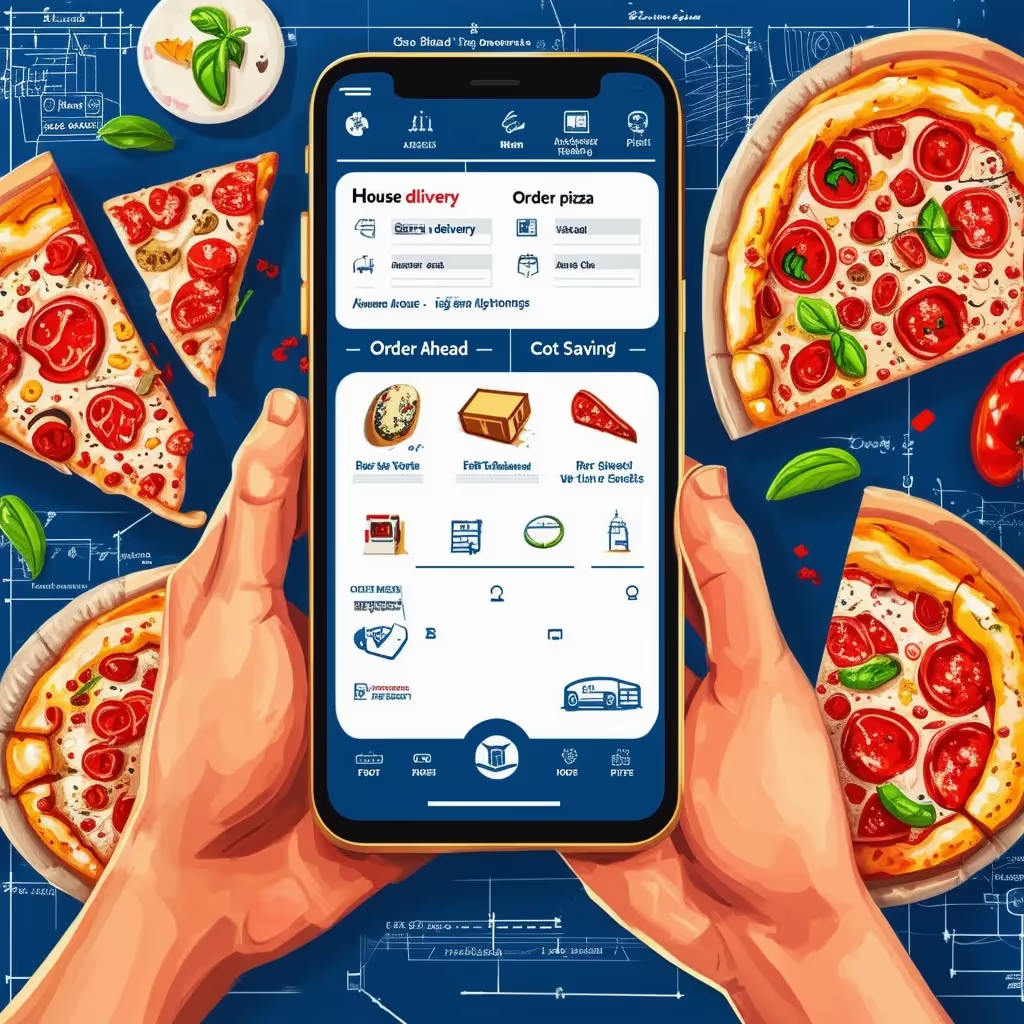



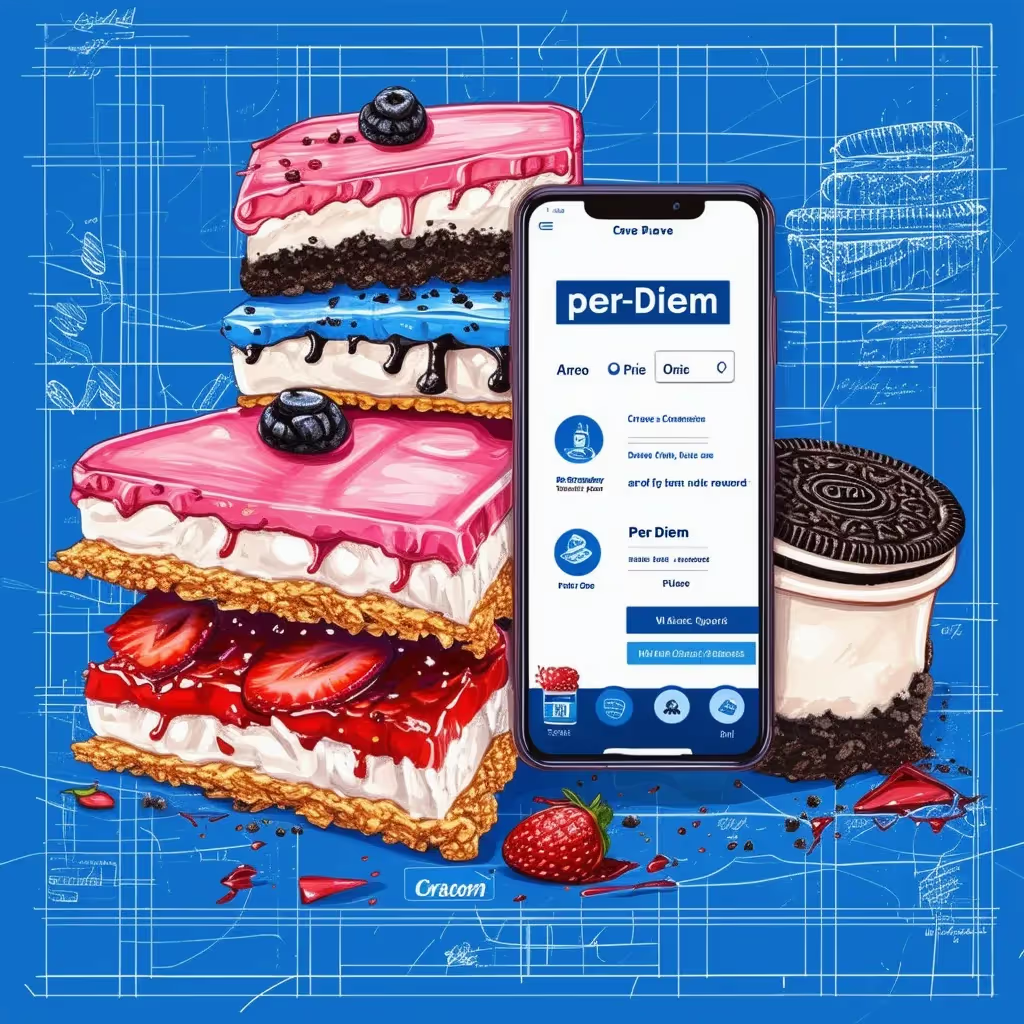
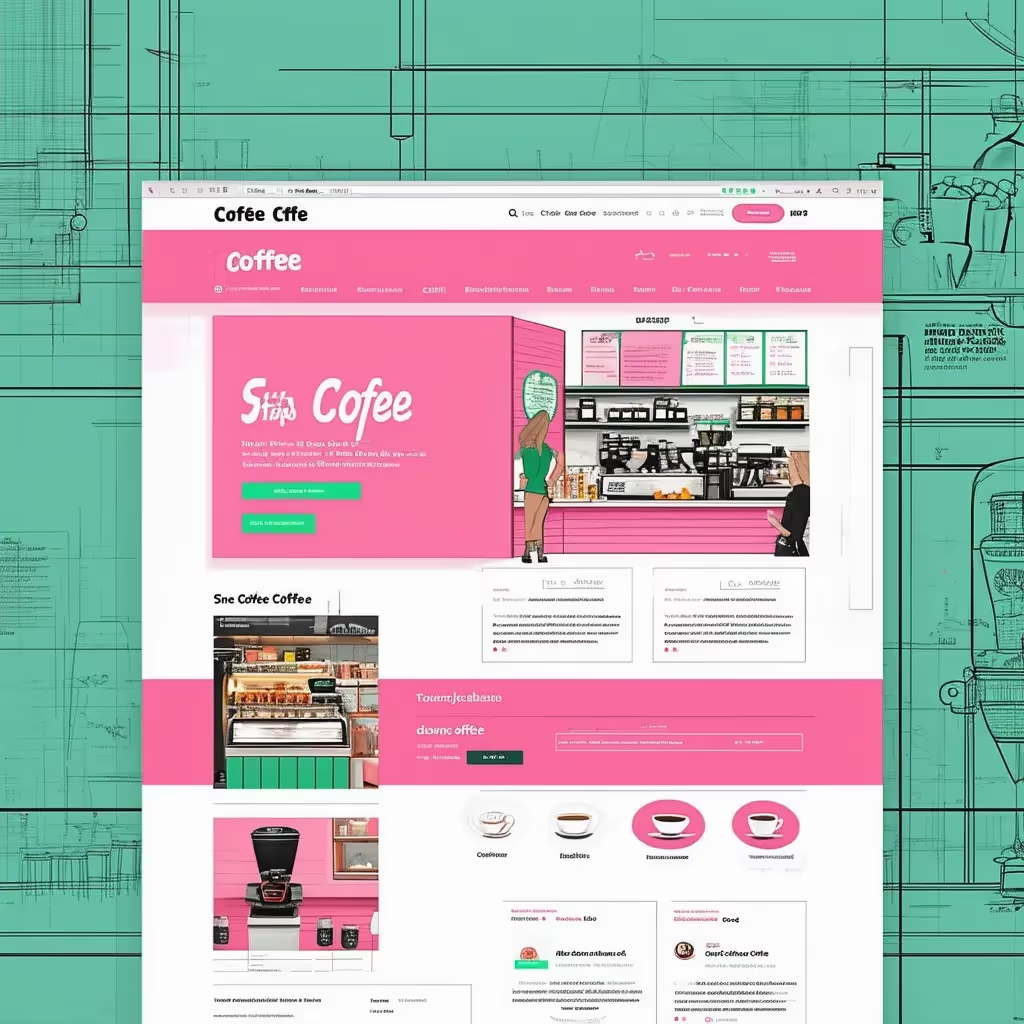
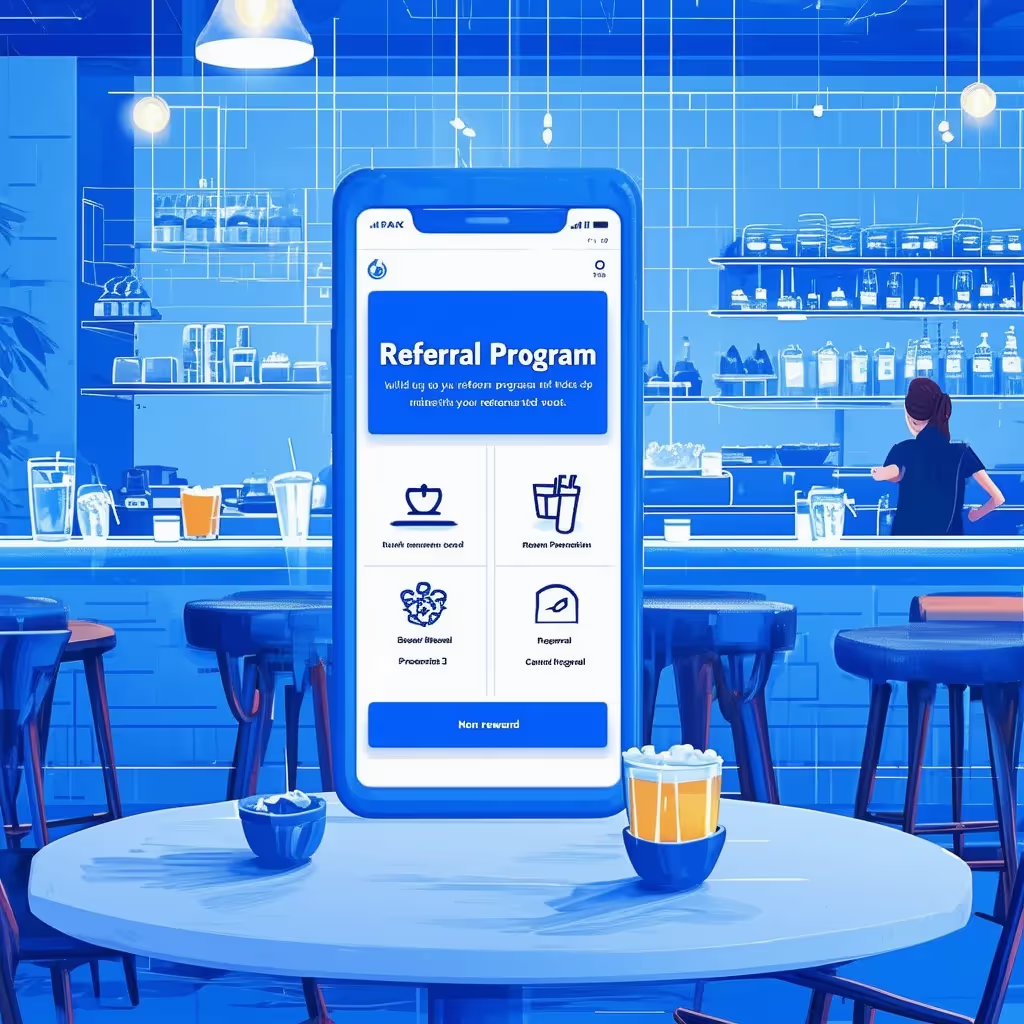





.avif)








.avif)










